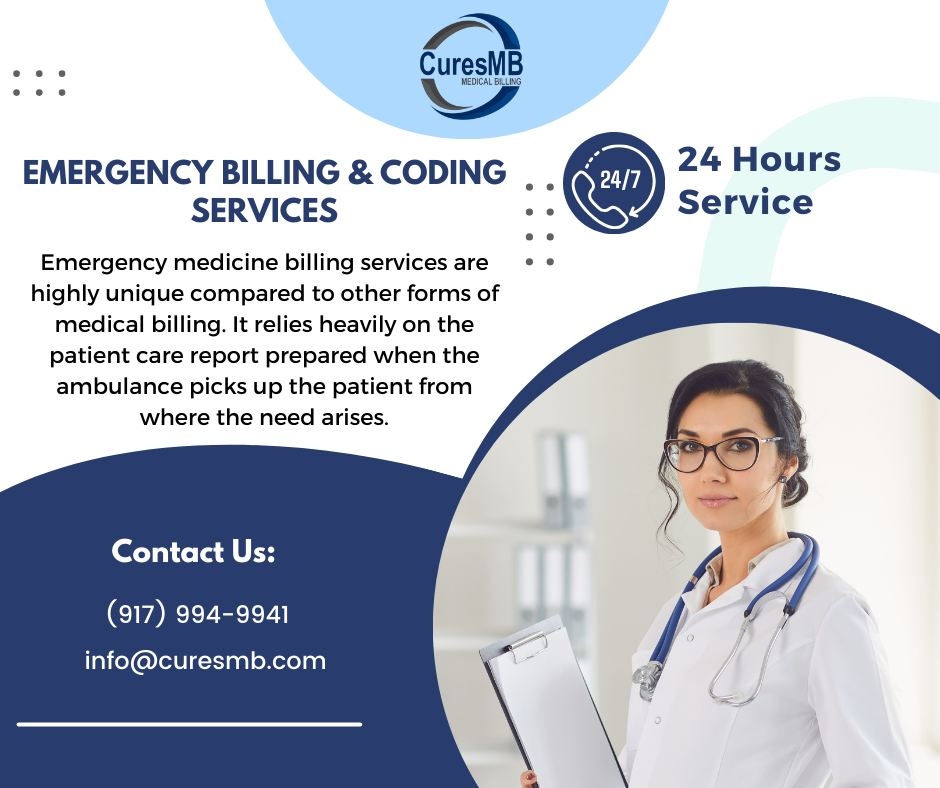7 Key Components of Successful Home Healthcare Billing

7 Key Components of Successful Home Healthcare Billing
In the dynamic landscape of healthcare, home healthcare services have emerged as a vital aspect of patient care, offering convenience and personalized support for individuals in need. However, alongside providing quality care, it's essential for home healthcare agencies to ensure efficient billing processes. Effective billing not only ensures financial sustainability but also supports continued service provision and adherence to regulatory requirements. In this article, we explore the seven key components of successful home healthcare billing.
1. Thorough Documentation: Comprehensive documentation of patient encounters is the foundation of successful billing in home healthcare. Providers must accurately record all services rendered, including assessments, interventions, and patient responses. Detailed documentation not only supports accurate billing but also enhances continuity of care by providing insights for future visits and coordination with other healthcare professionals.
2. Coding Accuracy: Proper coding is essential for maximizing reimbursement and avoiding claim denials. Home healthcare providers must ensure that all services are coded correctly according to established coding guidelines, such as those provided by the International Classification of Diseases (ICD) and the Current Procedural Terminology (CPT). Accurate coding facilitates timely reimbursement and reduces the risk of audits or compliance issues.
3. Timely Submission of Claims: Prompt submission of claims is crucial for maintaining cash flow and minimizing delays in reimbursement. Home healthcare agencies should establish streamlined processes for submitting claims to payers, whether they are private insurance companies, Medicare, or Medicaid. Timely submission reduces the risk of claim rejections or denials and ensures that revenue cycles remain uninterrupted.
4. Verification of Insurance Coverage: Before providing services, home healthcare providers must verify patients' insurance coverage to determine eligibility and coverage limitations. This includes confirming the patient's insurance plan, coverage period, and any prior authorizations required for specific services. By proactively verifying insurance coverage, providers can avoid billing errors and prevent payment delays due to coverage issues.
5. Adherence to Regulatory Guidelines: Compliance with regulatory guidelines is paramount in home healthcare billing. Providers must stay up-to-date with federal and state regulations, including those related to billing practices, privacy, and fraud prevention. Adherence to regulatory requirements not only ensures ethical billing practices but also protects the agency from legal and financial liabilities.
6. Utilization of Technology: Leveraging technology can significantly enhance efficiency and accuracy in home healthcare billing. Electronic health record (EHR) systems and billing software streamline administrative tasks, automate billing workflows, and facilitate communication with payers. Additionally, technology-enabled solutions can help identify billing trends, track revenue cycles, and generate reports for performance analysis and decision-making.
7. Continuous Training and Education: Given the complexity and evolving nature of healthcare billing, ongoing training and education are essential for home healthcare staff. Providers should invest in training programs to ensure that billing staff are proficient in coding, documentation practices, and regulatory compliance. Continuous education not only enhances staff competencies but also promotes a culture of compliance and accountability within the organization.
In conclusion, successful home healthcare billing requires a multifaceted approach that encompasses thorough documentation, accurate coding, timely claims submission, verification of insurance coverage, adherence to regulatory guidelines, utilization of technology, and continuous training and education. By prioritizing these key components, home healthcare agencies can optimize their billing processes, maximize reimbursement, and ensure financial sustainability while delivering high-quality care to patients in the comfort of their homes.
- Industry
- Art
- Causes
- Crafts
- Dance
- Drinks
- Film
- Fitness
- Food
- Games
- Gardening
- Health
- Home
- Literature
- Music
- Networking
- Other
- Party
- Religion
- Shopping
- Sports
- Theater
- Wellness
- News


